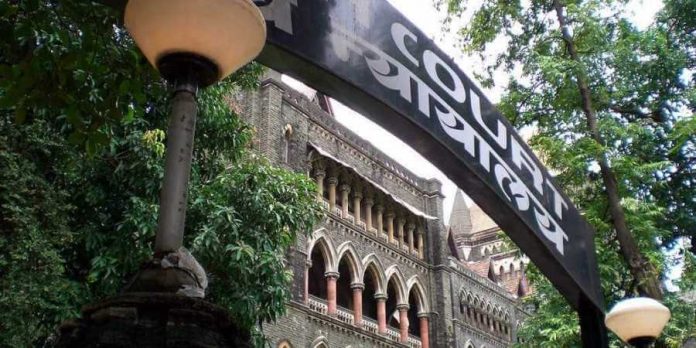Mumbai (ILNS): The Bombay High Court on has set aside a lower court order that had detained three women in corrective home for almost a year.
Justice Prithviraj K. Chavan heard the petition challenging the detention order passed by the Metropolitan Magistrate, Mazgaon under Section 17(2) on October 19, 2019 under the Immoral Traffic (Prevention) Act, 1956.
The women were “rescued” by the social service branch of the Mumbai Police from Chincholi Binder area in Malad in September 2019, after laying a trap using a decoy customer.
When they were produced before a metropolitan magistrate, he ordered that the women be sent away to the state-run shelter home in Uttar Pradesh for “care, protection, shelter and vocational training in the subject of their liking.”
The magistrate’s order was upheld by Dindoshi sessions court on November 22, 2019 after which the women had approached the High Court through advocate Ashok Saraogi.
While considering the petition the court said:
What is punishable under the Act is sexual exploitation or abuse of person for commercial purpose and to earn bread, except where a person is carrying on prostitution in a public place or is found soliciting or seducing another person.
The court held that the magistrate ought to have considered the willingness and consent of the women before ordering their detention.
“It is important to note that the petitioners/victims are major and, therefore, have a right to reside at the place of their choice, to move freely throughout the territory of India and to choose their own vocation, as enshrined the Constitution of India,” noted by the High Court.
Read Also: Farm Bills: Seeds of discontent
Therefore, the High Court has struck down both the orders of the lower court and ordered the immediate release of the women from the shelter home with the direction that the Metropolitan Magistrate ensure adequate protection of the victims at the time of recording their evidence.
-India Legal Bureau


